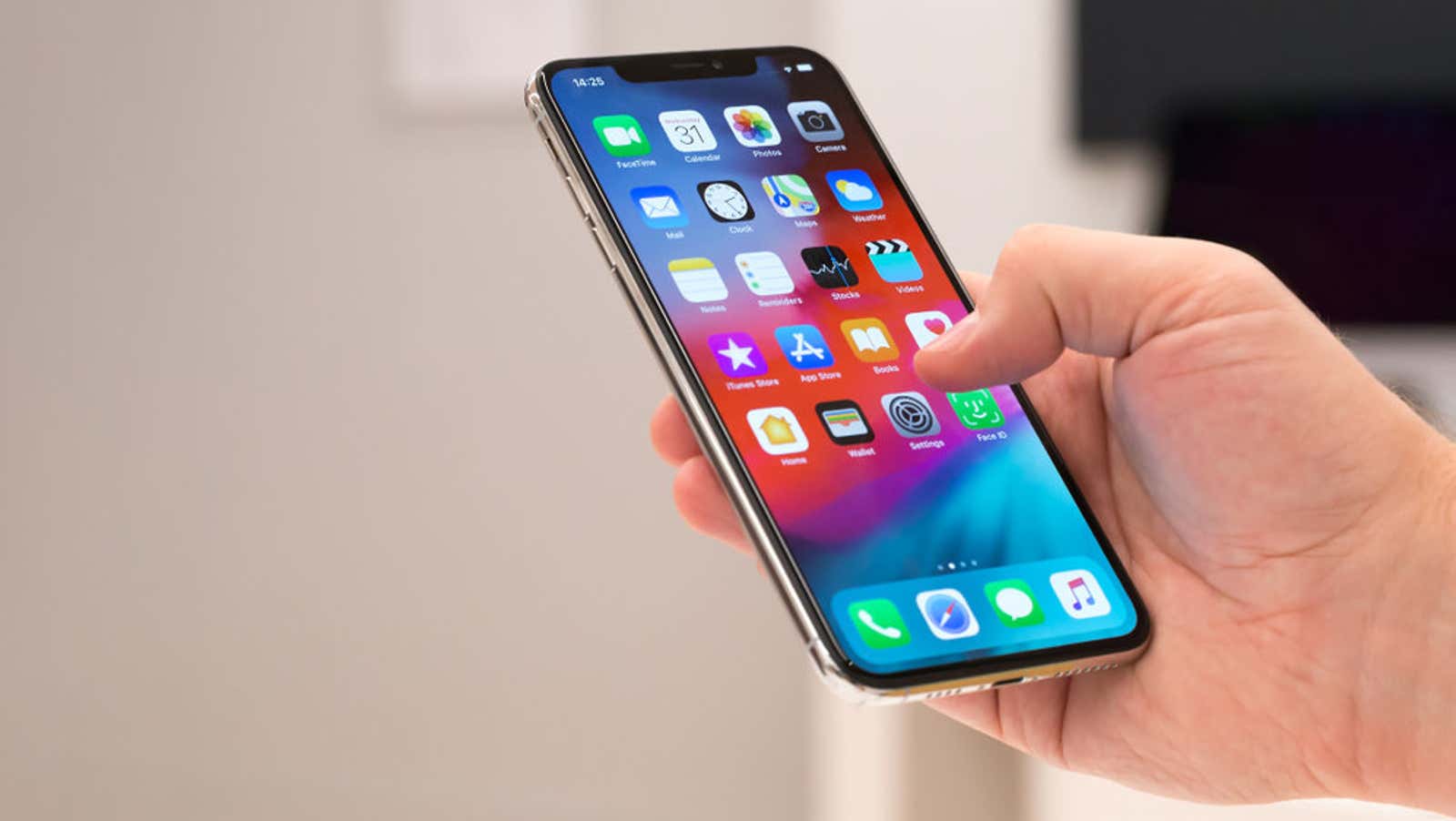How to Detect Fraudulent IOS Apps That Push You Into High-Value Purchases

We regularly access questionable apps from the Google Play Store, but the Apple App Store offers its fair share of threats as well. The platform is rife with iOS apps that trick unsuspecting users into making expensive and, in some cases, undisclosed in-app transactions. These apps hide their scams with legitimate features to bypass Apple’s verification process and then inflate their user ratings with fake reviews and downloads.
Predatory apps are not new. In 2019, the infamous heart rate tracking app for iOS reappeared on the App Store just eight months after it was banned for extorting hard-earned money from users. The app said it uses the Touch ID fingerprint scanner found on some iOS devices to track the user’s heart rate. However, users unwittingly used their fingerprints to confirm a $ 89 transaction in the background.
At the time of the app’s return , Apps Exposed reported that over 500 other iOS apps were using similar tactics to trick users. Many of these apps have since been removed, but new ones appear in the App Store every day.
Unsurprisingly, many of them are based on adult content, especially video-to-user video chat, free pornography, and casual sex. However, many scam apps are not based on adult content; many other categories – photo / video filters, quizzes and games, health and wellness, backgrounds or UI themes – are also common targets.
A more recent example, as pointed out by Costa Eleftheriu on Twitter , is Star Gazer +. At the time of tweeting, Eleftheriou had over 80,000 ratings with an average of 4.6 stars (at the time of this writing, it has a 4.4 stars rating based on over 1,100 reviews). At first glance, it appears to be a legitimate app, however, read the reviews and you will find a very different story. Most of them are 1-star, and almost all of them are called egregious, unexpected in-app purchases. Many users have found that they have signed up for an expensive subscription simply by clicking the “renew” button.
Despite negative reviews and user complaints, Star Gazer + is still available on the App Store with a favorable average rating and many apparently fake 5-star reviews, like hundreds of other rogue apps. Several of these apps have managed to reduce total user income to hundreds of thousands of dollars in the last year alone.
It’s surprising that so many rogue apps bypass strict App Store policies, but their prevalence suggests that Apple can’t – or won’t – fight them properly. Of course, it is possible that these app developers are not breaking the law or infecting users with malware, but they are still acting with malicious intent. Until Apple takes this issue seriously, the user should keep these products away from their devices. Here are some tips on how to keep yourself safe from fraudulent apps on the App Store:
- Please read user reviews carefully before downloading . Yes, even if the average scores are high, and their mass. If you take a close look and read the reviews, you will find that some refer to these apps as scams.
- Check external sources. Check unfamiliar apps on custom forums, Reddit, and blogs such as Apps Exposed before downloading.
- Know the limitations of your device. If an app is flaunting features or services that seem too good to be true, it’s likely fake. Do not download or buy anything that is on sale.
- Pay attention to hidden subscriptions. While many free apps offer additional paid premium features and in-app purchases, do not subscribe to an app to use features or access content that is freely available elsewhere.
- Call a scam if you find it. Gloomy developers are constantly downloading new rogue apps, and it is impossible to catch them all until someone is tricked. If an app charges you unexpectedly, report the suspicious activity to Apple and provide a review warning others that the app is a scam.
Bottom line: An unfamiliar application should always be approached with caution. When in doubt, don’t place them on your device – and keep your finger (or Face ID) away from any typical in-app purchase confirmation methods. Brendan updated this article on February 11, 2021 with new information on the latest iOS scams. We also changed the header image.